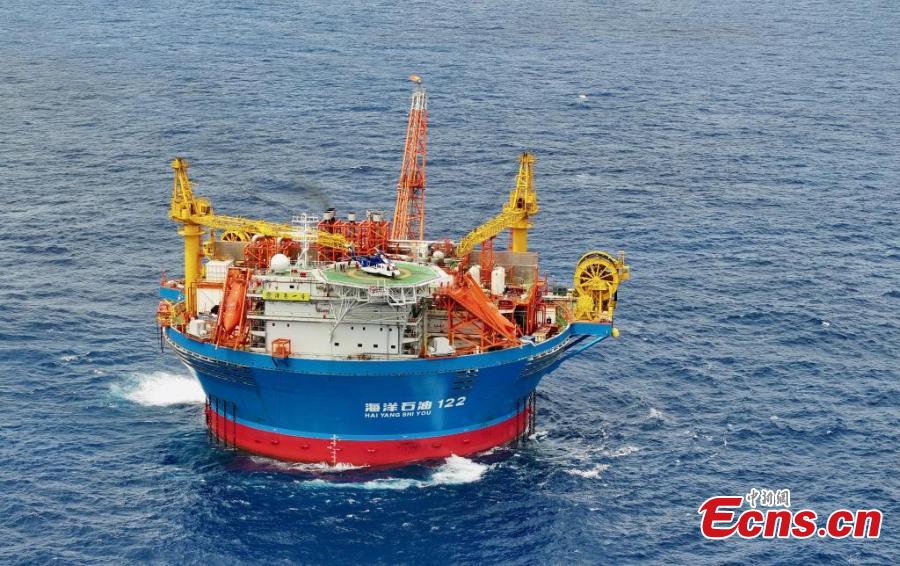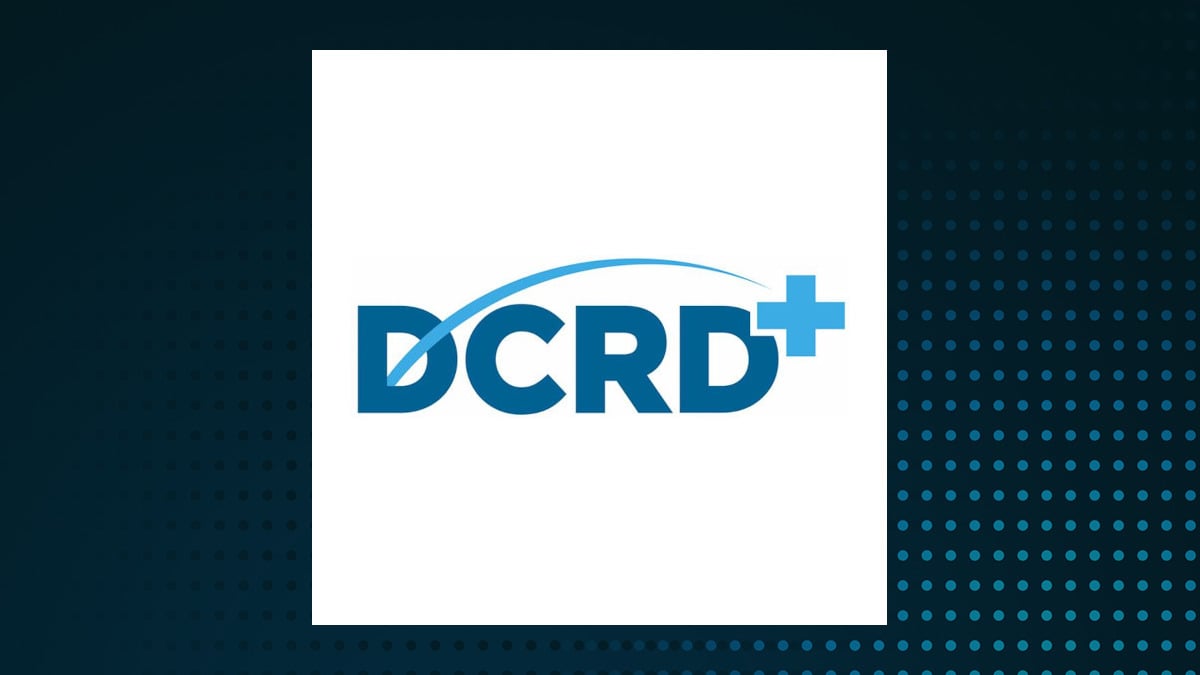
Gandhinagar: State-run Indian Renewable Energy Development Agency (Ireda) is looking at making a foray into financing projects abroad through its GIFT City subsidiary along with raising finance from international green funds. In an interview, Ireda chairman and managing director (CMD) Pradip Kumar Das said that the company would largely finance solar component manufacturing and green hydrogen businesses in India through the subsidiary, Ireda Global Green Energy Finance IFSC Ltd, which would largely cater to export demand. Also read | "We have already opened our GIFT City office, we need to operationalize it.
When it starts we will borrow from here and lend from here. What it would do is there will be no requirement for foreign currency conversion. Indian developers setting up projects here would get loan through GIFT City.

We will also prefer to lend promoters from India setting up projects abroad," Das said adding that this would help the company make its debut in the international market. "We will approach green funds, and we will source it through Gift City, so that borrowing is less and hedging cost is also saved. There are several developers who put up domestic projects in which they have export earnings and there capex is in forex.
So, they would invest in forex and repay us in forex when they export, mostly manufacturing of solar components and green hydrogen." Maiden transaction awaited The government-owned company had incorporated its subsidiary at the International Financial Services Centre (IFSC) located in GIFT City, Gujarat in May this year. The company is yet to make its first transaction through the Ireda Global Green Energy Finance IFSC Ltd Das said Ireda Global Green Energy Finance IFSC Ltd is in talks with several companies for financing.
Tie-ups would follow in the days ahead. A number of public sector enterprises have set up subsidiaries at IFSC for investment and financing purposes. Power Finance Corporation has already set up a subsidiary while REC Ltd has received the Reserve Bank of India's (RBI) approval for one.
Also read | Speaking on the company's planned follow-on public offering, the CMD said that the Centre's approval for the proposed stake dilution is expected soon. He said that the company is looking to raise about 4,500-5,000 crore from the FPO. "We will come to the market by the end of this year.
We need fresh equity of about 4,500-5,000 crore. When we raise equity the stake of government of India will reduce. For that we have requested them to allow us to sell up to 10%.
It depends upon the government how much stake sale they allow. We hope to get to get the approval soon," he said on the sidelines of RE Invest 2024, adding that the company may be able raise more than the targeted 5,000 crore. Listed last November The company was listed on the stock exchanges in November last year.
Its share on the BSE closed at 227.75 on Tuesday, lower by 0.22% from its previous close.
Regarding the company's request to the government for its inclusion under Section 54EC of the Income Tax Act, Das said that the request in advanced stages of discussion with the Centre and an approval is expected within a month. Inclusion of the company under the section would exempt investors buying bonds from it from capital gains tax, making their bonds more attractive. "By October-mid we may get some result in this because before going for FPO we need to have this," he said.
Also read | Among other financial institutions and banks, Ireda also made a commitment to increase its support for green transition. It has pledged to finance additional 5 trillion by 2030. So far it has tied up for projects worth nearly 2 trillion and financed a cumulative renewable energy capacity of 27 GW.
The energy transition projects financed by the company comprise of 58% conventional renewable energy projects including solar, wind and hydro power, while emerging sectors like CNG, ethanol, e-mobility and charging infrastructure make up for 18%. The remaining 24% have been provided to state utilities for their renewable energy projects..














